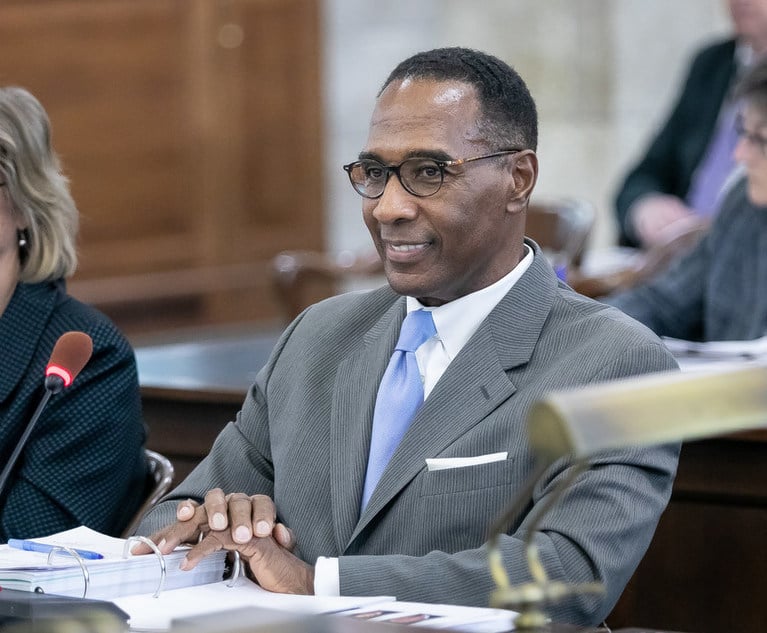A Pennsylvania resident works in Pennsylvania for a company headquartered in New Jersey. Is that person covered by New Jersey’s wage and hour laws? And does the answer change if the relevant contract says New Jersey law will apply? In Ortiz v. Goya Foods, No. CV 19-19003 (SRC), 2020 WL 1650577 (D.N.J. Apr. 3, 2020), Judge Stanley Chesler held that New Jersey’s wage and hour laws do not apply extraterritorially, even in the face of a choice of law clause suggesting otherwise. This result is in tension with the extraterritorial treatment that New Jersey gives its Law Against Discrimination (NJLAD).
Background
Jose Ortiz lives in Pennsylvania, where he works as a sales representative for Goya. Goya is headquartered in Jersey City and incorporated in Delaware.


 designer491/Shutterstock
designer491/Shutterstock




